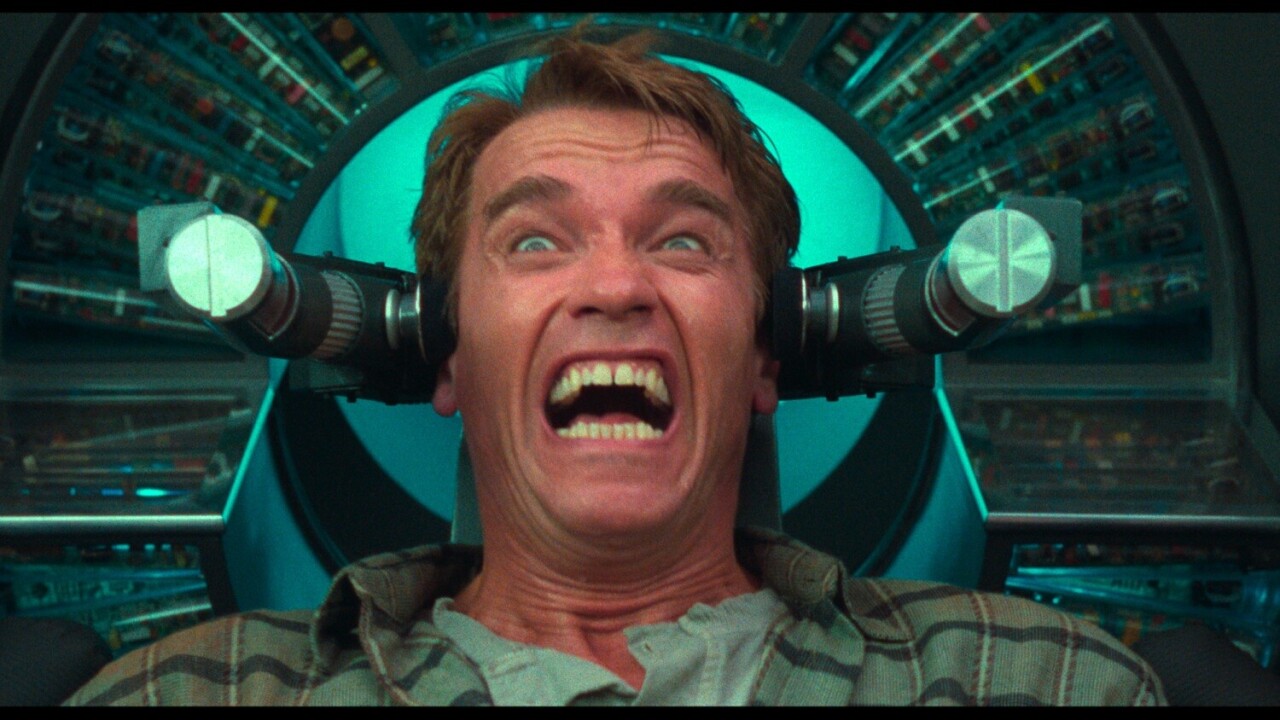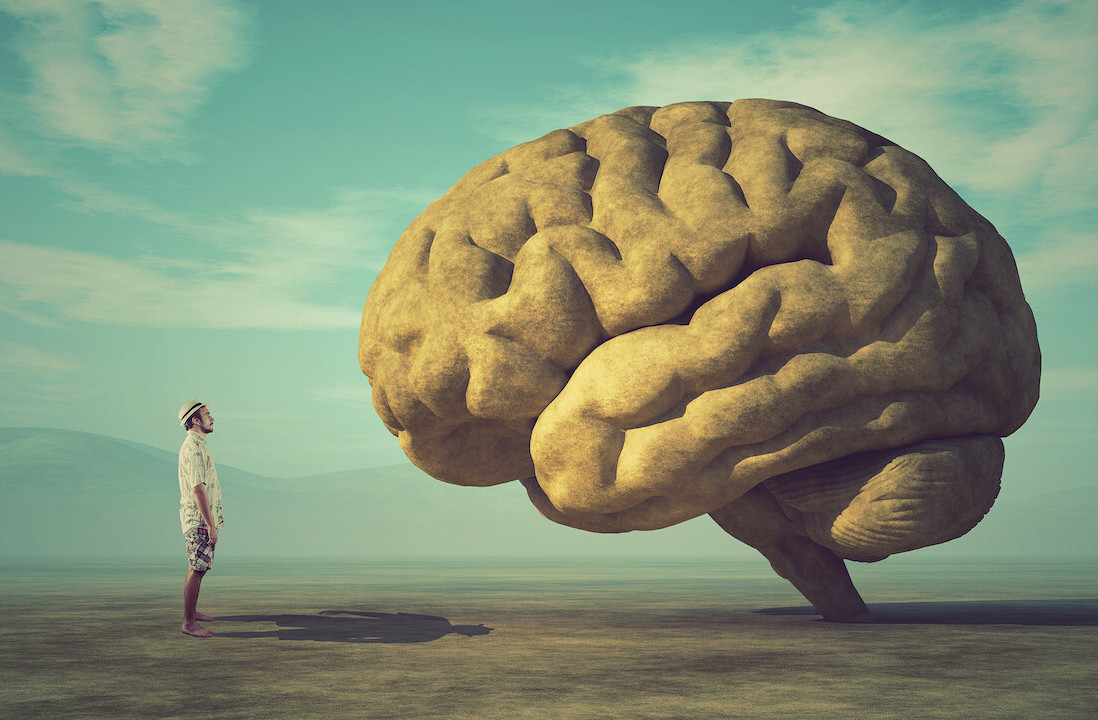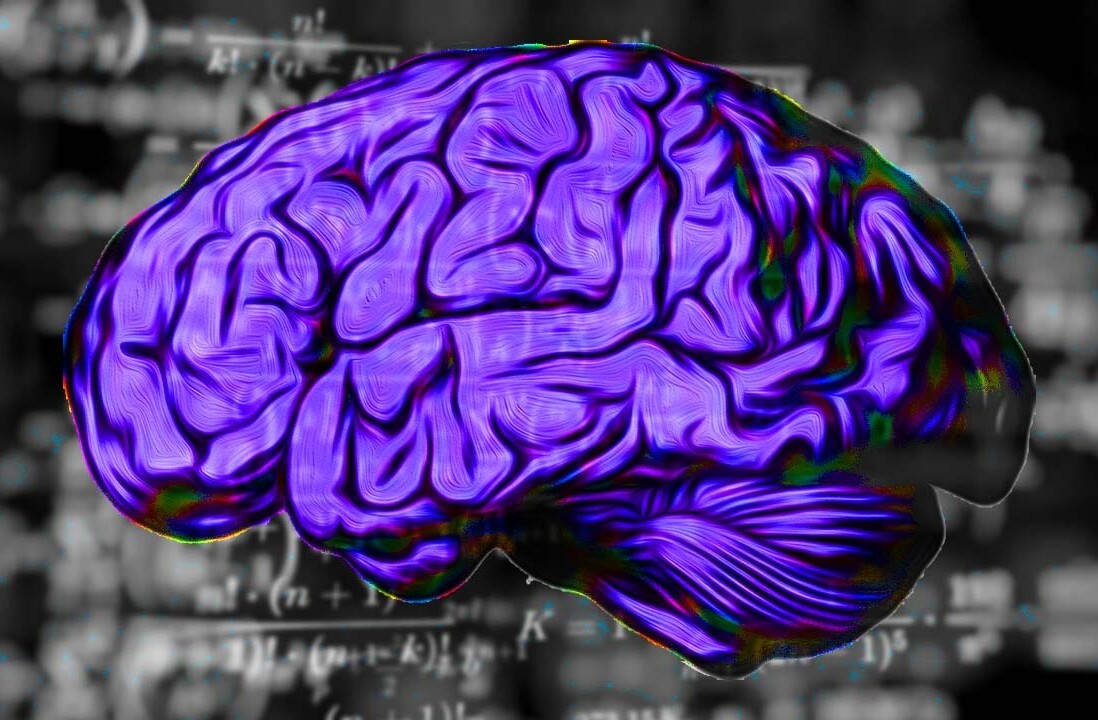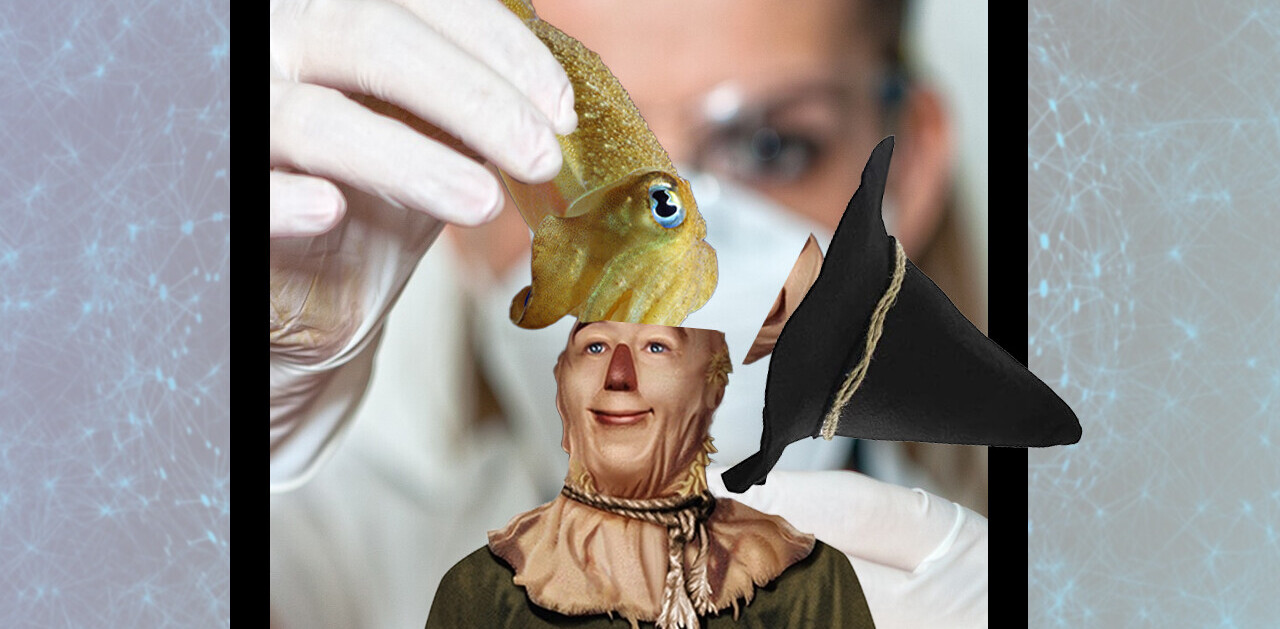
Quantum computers, according to experts, will one day be capable of performing incredible calculations and nearly unfathomable feats of logic. In the near future, we know they’ll help us discover new drugs to fight disease and new materials to build with. But the far future potential for these enigmatic machines is as vast as the universe itself.
The realm of classic science fiction is littered with ideas that today’s experts believe lie within the realm of reality – if not today’s reality, then perhaps tomorrow’s quantum computer-laden one. One of those ideas comes straight out of a Paul Verhoeven film from over thirty years ago: Total Recall.
In fairness, the film (we’re talking about the 1990 one starring the former governor of California not the 2012 remake) was based on a short story by Phillip K Dick. But for the purposes of this article we’ll be discussing the movie’s depiction of “Rekall,” a mysterious company portrayed in the film.
Rekall is a fictional company in the business of putting people to sleep and giving them artificial memories. The big idea there is that not everyone has the time or money for a fancy vacation to somewhere exotic like, for example, Mars, so Rekall has a machine that can give you the memories of a trip you never actually took.
The protagonist in the film, played by Arnold Schwarzenegger at his campy, awesome, best, visits the Rekall facility and ends up sucked into a world of intrigue where he’s never quite sure whether he’s experiencing base reality or if he’s merely stuck in a computer-generated memory.
Join the club, Governor. Humans in general, it’s often posited by quantum physicists, can’t quite be sure whether we live in base reality or just some tunnel-vision version afforded by our limited perspective. Maybe we’re in a computer simulation. Perhaps we only exist in the dreams of a turtle floating in space.
The fact of the matter is that reality, one way or another, boils down to whatever our brains believe it is. And this makes the idea of altering our memories, and thus our realities, all the more appealing – or terrifying, depending on how you look at it.
The movie doesn’t quite explain how this is accomplished, but it stands to reason that the people at Rekall have managed to get themselves read/write privileges to the human brain. I think we can assume how they accomplish this has to do with quantum biophotons.
Current research on the brain indicates that biophotons play a huge role in how the brain communicates with itself and, potentially, all the cells in the human body. In fact, scientists ranging from Roger Penrose (Stephen Hawking’s long-time research partner) all the way to a pair of physicists published in the current issue of Physics World have postulated that light is the language of quantum mechanics.
In theory, this means the manipulation of light should be useful in sending and decoding signals to and from the human brain. If we can speak the brain’s language by finding a way to get artificial biophotonics into the “microtubules” that some scientists believe the quantum universe uses to exchange information, we might be able to hijack the signal and tell our brains to believe whatever we want it to.
Maybe you write a light-based code that tells your brain you had a lovely vacation on Mars last month. Or maybe your brain is being fed the lie that you’re a regular person on Earth reading a story about quantum mechanics on Neural when in reality you’re a prisoner on some far away space colony being used as a living battery.
Either way, it’ll take more than a traditional supercomputer and a flashlight to pull it off. If we assume the human brain recalls memories rather than stores them (because quantum data cannot be copied), then we can’t simply copy/paste data into it. We’d have to give our brains the actual experience via light-based quantum manipulation. And that’s something we’d almost certainly need a quantum computing machine and some incredibly adaptive quantum algorithms for.
Get the TNW newsletter
Get the most important tech news in your inbox each week.




